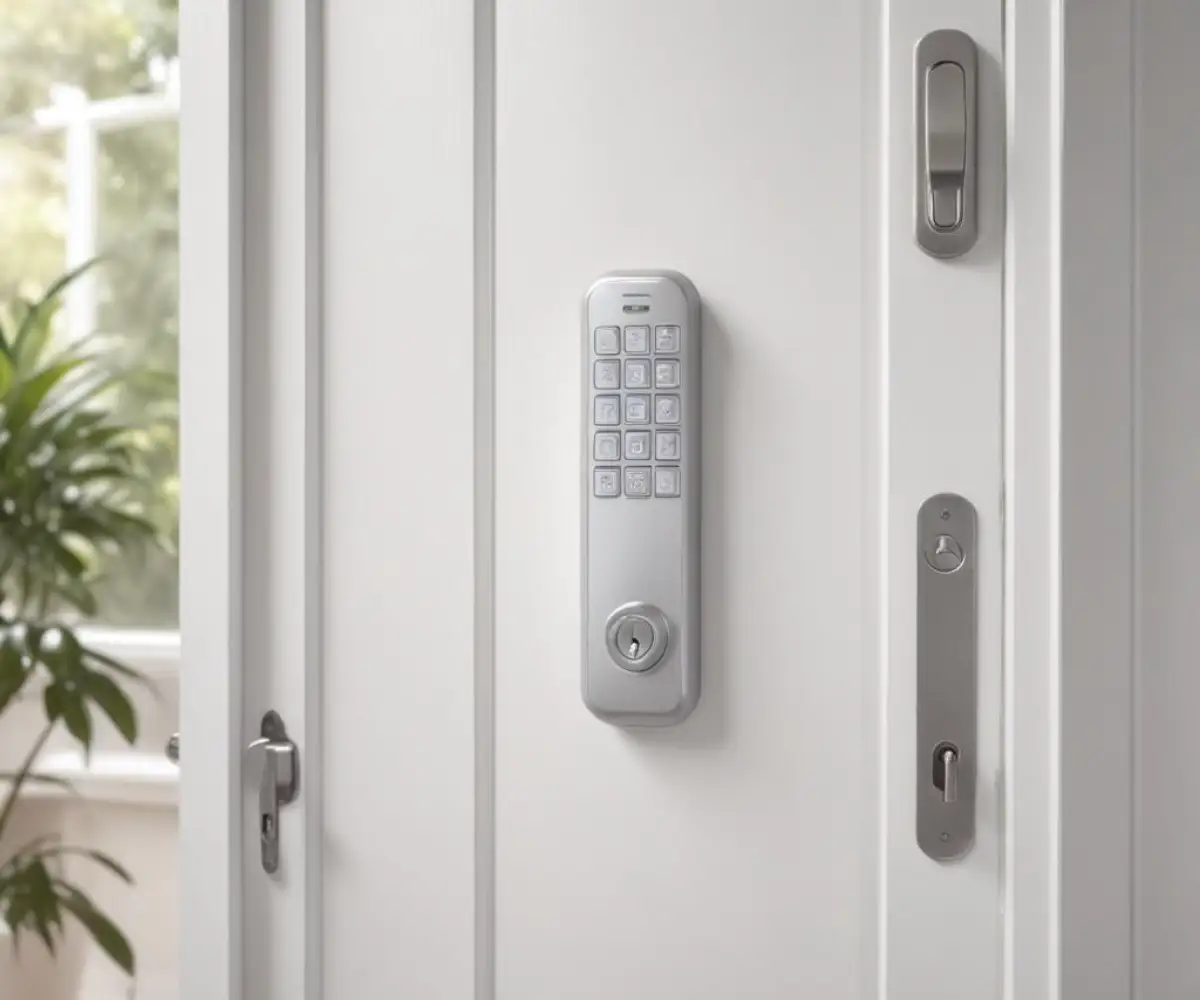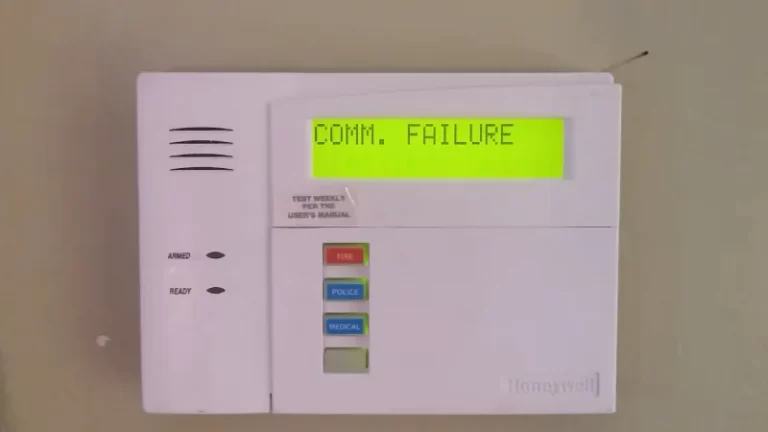Leaving Contractors Alone in Your House? The Unspoken Rules & Risks
The knock on the door signals the start of your long-awaited home renovation. But it also brings a wave of anxiety. As you head to work, should you leave the contractors alone in your personal sanctuary? This is the modern homeowner’s dilemma.
You need the work done, but the idea of strangers having free access to your home feels unsettling. Balancing trust with caution is key to a successful and stress-free project.
You'll Learn About
The Foundation of a Safe Project: Vetting is Non-Negotiable
Trust isn’t automatic; it’s earned. The most crucial step to feeling secure happens long before the first hammer swings. A thorough vetting process is your primary shield against potential problems.
Don’t just hire the first person who gives you a low bid. Due diligence is essential to protecting your home and investment. A reputable professional will understand and respect your need to verify their credentials.
Your First Line of Defense: The Vetting Gauntlet
Think of hiring a contractor like a job interview, because that’s exactly what it is. Always verify their license and insurance. Ask for a copy of their general liability and worker’s compensation insurance certificates. This protects you if an accident happens on your property.
Next, become a detective. Scour online reviews from multiple sources and, most importantly, ask for recent references. A confident contractor will gladly provide a list of past clients you can speak with.
The Contract Is Your Shield
A handshake is nice, but a detailed contract is your legal protection. A comprehensive written agreement should outline every detail of the project. This includes the full scope of work, a payment schedule, and specific materials to be used.
Clarity in the contract prevents misunderstandings that can erode trust. Ensuring every detail is documented, right down to specifics like the Lowe’s vanity installation cost, protects both you and the contractor.
Preparing Your Home: Creating a Secure Work Zone
Once you’ve hired a trustworthy professional, the next phase is preparing your home. This involves more than just clearing the work area. It’s about creating a secure environment that protects your belongings and sets clear expectations.
A little preparation goes a long way. It minimizes risks and establishes a professional atmosphere from day one.
Secure Your Valuables: An Ounce of Prevention
Even with a trusted crew, it’s wise to secure your valuables. Lock away items like jewelry, important documents, prescription medications, and cash. It is best practice to remove temptation and prevent any potential misunderstandings.
For smaller items, a home safe is a great investment. For larger valuables or during a major renovation, consider renting a small, temporary storage unit. This provides ultimate peace of mind.
Establishing Clear House Rules and No-Go Zones
Communication is the cornerstone of a smooth project. Before work begins, have a conversation with the lead contractor to establish clear house rules. This isn’t about being difficult; it’s about mutual respect for your space.
Designate specific “no-go zones” in your home. Clearly state which bathroom they should use and establish rules regarding smoking, music volume, and cleanup expectations at the end of each day.
| Area of Concern | Rule/Expectation | Notes |
|---|---|---|
| Work Hours | Define start and end times (e.g., 8:00 AM – 5:00 PM). | Confirms they won’t be in the house at unexpected hours. |
| Access | Specify which entrance to use. | Limits foot traffic through your main living areas. |
| Restricted Areas | Clearly identify rooms that are off-limits. | Use signs or simply close doors to bedrooms and offices. |
| Bathroom Use | Designate a specific bathroom for the crew. | Keeps your private bathrooms untouched. |
| Food/Drink | Outline rules for eating and drinking inside. | Prevents messes in non-work areas. |
| Cleanup | Set daily cleanup expectations (e.g., sweeping, tool storage). | Ensures your home remains as livable as possible. |
| Communication | Establish a preferred method for questions (text, call, end-of-day chat). | Streamlines communication and decision-making. |
Passive Supervision: Using Tech to Your Advantage
In today’s world, technology offers an extra layer of security. Smart locks are a game-changer for managing access. You can assign temporary codes to your contractor that are only active during work hours and can be deleted once the job is complete.
This eliminates the need to hand out physical keys. It gives you a digital log of who enters and leaves your home, and when.

Security cameras can also provide peace of mind, allowing you to check in on the project remotely. However, be aware of privacy laws in your state regarding recording audio and be transparent with your contractor about the presence of cameras.
To Stay or Go? A Situational Guide
The decision to stay home or leave while contractors are working isn’t always black and white. It often depends on the scope of the project, your comfort level, and the relationship you’ve built with the crew.
Different phases of a project may call for different levels of supervision. Being flexible is a key part of the process.
When You Should Absolutely Stay Home
It’s highly advisable to be present during critical stages of the renovation. This includes the first day of the project, demolition days, and when major installations are happening. Your presence allows for quick decisions and immediate clarification.
If you have pets, it’s often best to be home to manage their stress and safety. Keeping them secure in a separate room or arranging for them to stay elsewhere can be a good solution.
When It’s Generally Okay to Leave
For routine work like painting or flooring, it’s generally safe to leave once you’re comfortable with the crew. The same applies to most exterior work. Even for a straightforward task like learning how to attach house numbers to vinyl siding, knowing who is on your property is important, but constant supervision isn’t necessary.
After a contractor has established a track record of professionalism and good communication, many homeowners feel perfectly comfortable leaving them to work independently.
Red Flags: Spotting Trouble Before It Starts
Your intuition is a powerful tool. If something feels off, pay attention. There are several red flags that could indicate a contractor is not as professional or trustworthy as they first appeared.
Identifying these warning signs early can save you from major headaches. A common concern is erratic attendance, which often leaves homeowners wondering why do contractors not show up; this can be a symptom of bigger issues like poor management or financial trouble.
Building a Relationship Based on Professional Respect
The best contractor-client relationships are built on a foundation of mutual respect and clear communication. Treat your contractors as the skilled professionals they are. A little courtesy, like offering water or being available for questions, can go a long way.
This fosters a positive work environment. A happy and respected crew is more likely to go the extra mile to ensure the quality of their work and respect your home.
What About Their Crew and Subcontractors?
It’s important to remember that the general contractor you hire is responsible for every person they bring to the job site. It is perfectly reasonable to ask who will be working in your home and to expect that all subcontractors are also licensed and insured.
The main contractor should be your single point of contact. They are responsible for managing their team and ensuring everyone adheres to the house rules you’ve established.
The Project Is Over: Final Security Steps
Once the last tool has been packed up and the dust has settled, there are a few final steps to take. Conduct a thorough final walkthrough with your contractor to ensure every detail meets your satisfaction.
If you used a smart lock with temporary codes, be sure to delete them immediately. This final check ensures your home is secure and officially yours again, ready for you to enjoy the beautiful new renovation.
Frequently Asked Questions
Is it safe to leave contractors alone in my house?
It is generally not recommended to leave contractors alone in your home unless you know them well. For shorter projects, it’s best to be present, work from home, or ask a friend to be there. If you must leave them unattended, be sure you have thoroughly vetted them first.
How can I find a trustworthy contractor?
Finding a trustworthy contractor starts with doing your homework. Seek recommendations from friends and family, and read online reviews from various sources. Always ask for and check references, and ensure the contractor is licensed and insured before hiring them.
Should I give my contractor a key?
Giving a builder a key is common for long-term projects but does come with risks. Before handing over a key, it is crucial to ensure the contractor is legitimate and reputable. For added security, you might consider changing the locks after the work is completed.
What can I do to protect my property if I’m not home?
To protect your home, you should hide or secure valuables before the work begins. Installing temporary indoor security cameras can help you monitor the property while you are away. Also, ensure you have a clear contract that outlines the scope of the project.

